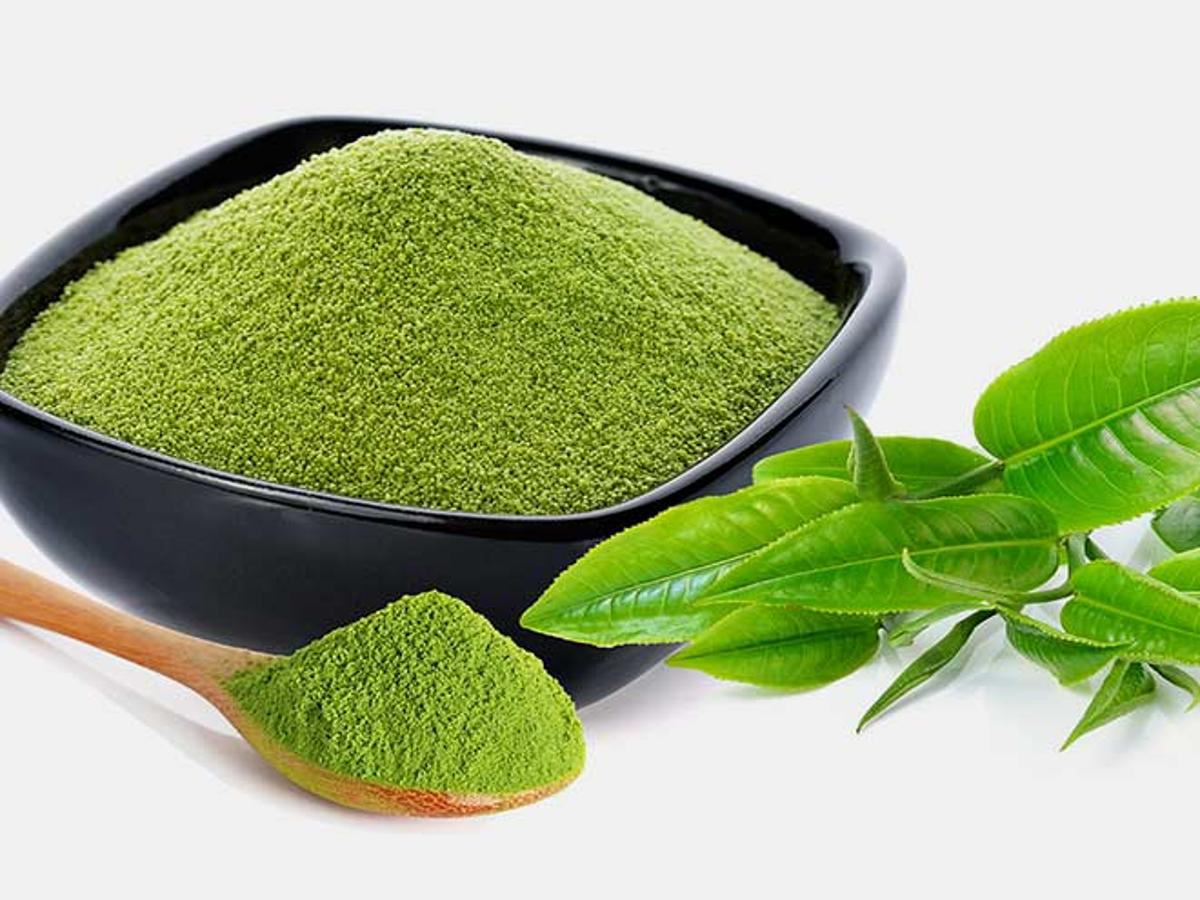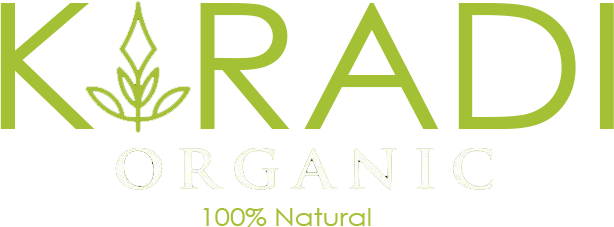
The henna plant, also known as mehndi, is widely grown in India. Women frequently use its leaves as a natural hair dye and for decorative body art, especially on the hands and feet.
But did you know that henna has many advantages for the health of your hair in addition to its well-known uses for enhancing the color of your hair or decorating your arms with pretty designs on special occasions?
What is Henna?
There are numerous ways that people in different parts of the world interpret the word “henna.” The name also refers to the flowering plant from which the dark-red/brown dye for hair and skin that is traditionally used in many cultures is likely what most people think of when they hear it.
Henna is known by many different names around the world, including Hina and Egyptian privet, but it is the only species in the Lawsonia genus. The scientific name of this remarkable plant is Lawsonia inermis. A henna plant can be recognized by its tiny white or pink flowers and its small fruit.
Henna, or Lawsonia inermis as it is known scientifically, is an evergreen shrub that is valued highly as a medicinal herb in the traditional Ayurvedic medicine of ancient India.
It has a wide range of applications, including as a dye, aqueous extract, tincture, and salves made of bark, seeds, or leaves. Due to its versatility, henna is a very valuable component in traditional medicine, especially in Ayurvedic practice.
The most popular medicinal uses of henna are its oil, bark, and seeds. The plant’s high concentration of chemicals and nutrients may have anti-inflammatory, hypotensive, antibacterial, astringent, and antiviral effects. Most of these qualities are either anecdotal or described in Ayurveda books and have not been thoroughly investigated through clinical trials.
Choose from the extensive selection of henna-based hair care items to achieve a lovely, soft mane!
The other plant parts, such as the flowers, seeds, roots, and bark, in addition to the henna leaves, which are packed with beneficial plant chemicals, also offer a variety of health benefits. While the root, bark, and seed extracts have useful sedative and deodorant properties, henna flowers produce essential oils.
Typically, henna leaves are either sold commercially or dried, crushed, and used as powders at home. These leaves are endowed with a wealth of nutrients that cooperate to improve hair health and growth. Numerous advantages for healthy hair are brought about by antioxidants like tannins, catechins, flavonoids, essential fatty acids, and vitamin E.
Continue reading to learn about the wonderful advantages of henna to flaunt long, healthy hair.
Hair Colour
The main application of henna is as a plant-based, all-natural hair dye. It will dye hair red or various shades of red, but many people combine it with indigo or cassia to get either a dark red or a neutral color.
Grows hair more quickly
Strong phytochemicals like tannins and phenolics are abundant in henna. These support the maintenance of a healthy mane, stop frequent hair loss episodes, and stimulate follicle growth.
Washing hair twice or three times per week and lathering on an even layer of shampoo infused with henna extracts significantly improve hair growth and thickness.
Controls the secretion of oil
The sebaceous glands on the scalp naturally secrete oil, and in some cases of a harsh external environment or other internal health issues, an excessive amount of oiliness appears on the head, causing constant itching and hair loss.
After thoroughly washing the hair, apply a conditioner containing henna to the scalp to balance oil production and improve the texture of the hair.
Stops hair loss
Henna may prevent hair loss or baldness in people who are already experiencing it. The traditional mixture, which may boost the treatment’s effectiveness, involves mixing henna juice or oil into curds before applying it to your hair.
Fights off dandruff
Henna is a fantastic all-natural remedy for treating dandruff and other microbial conditions that affect the scalp because it has antifungal properties.
Once or twice a week, simply massage your hair and scalp with a paste made of henna powder and a few drops of lemongrass oil. With this easy home remedy, dandruff is instantly removed, reducing scalp itching and flaking.
Restores damaged hair
Proteins, antioxidants, and vitamin E are just a few of the many hair-strengthening components in henna, which significantly improve hair health.
Regular use of shampoos and conditioners containing henna helps prevent split ends, and dryness, and encourages the development of long, thick hair.
Stops premature aging
Henna is a natural organic ingredient that naturally contains a reddish-brown coloring compound, making it a fantastic hair dye for hiding greying and aging hair.
Henna paste mixed with green tea extracts is applied to the hair to give it a natural dark color and to promote the growth of long, strong, and healthy hair.
Suitable hair conditioner
Because henna has hydrating components and can get rid of extra sebum, it works well when combined with eggs as a hair conditioner. Henna and any hydrating ingredient can be combined to make a hair pack that you can apply to your hair for a set period. In a few days, you will have hair that is silky smooth.
Reduces Scalp Itching
The anti-inflammatory, antimicrobial, and antifungal properties of henna help to calm and cool the scalp, which lessens itching. It has nourishing qualities that make it a natural scalp and hair nourisher that transforms dry, brittle, and damaged hair into a healthy hair
Corrects Split Ends
Dry and harmed hair leads to split ends. Split ends cannot be stopped by a haircut alone, but you must break the cycle that leads to them. Split ends can be prevented gradually with henna. Henna’s nourishing and conditioning properties treat dry, damaged hair, putting an end to split ends.
CONCLUSION
Try henna hair dye if you are done subjecting your mane to damaging chemicals and want a more natural option that gives your hair nourishment as well as an attractive color.
Henna has endless advantages, including making your hair shiny, silky, smooth, strong, nourished, and vibrant. Without a doubt, henna hair dye is worthwhile.
FAQs
- Is henna beneficial for growing hair?
Henna’s organic qualities encourage hair growth. A nourishing and growth-promoting essential oil can be made from the powder.
- Can henna be used every week?
Our henna is safe to use once a week, but since the stain lasts longer than a week, you would not need to apply it as frequently.
- How long should henna be left on the hair?
Henna should only be applied for a maximum of 2-3 hours at a time; any longer will cause the hair to become excessively dry and begin to break.
- How should I wash my hair after getting henna?
Step into the shower and give your hair a thorough rinsing to get rid of the henna. To remove the henna paste from your hair, use conditioner. Dry your hair with a towel after rinsing the conditioner out.
- Has henna had any negative effects?
Henna is LIKELY SAFE for most adults to use on their skin or hair when applied topically. It may result in negative side effects like skin scarring, swelling, blisters, itching, and burning. These allergic reactions are typically brought on by a henna ingredient.






